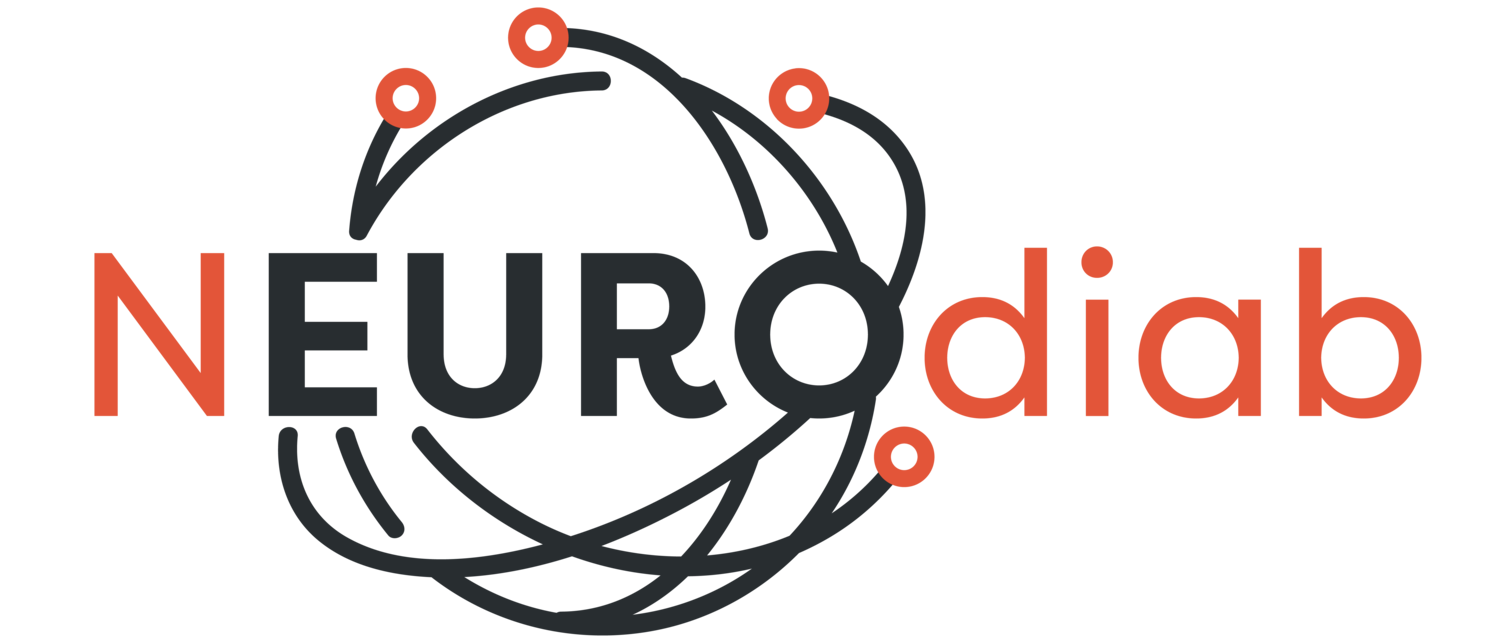Publication News 171 - 21 April 2025
Early life change in gut microbiota may imprint the origins of adult neuropathy
Aims: This study aimed to investigate the influence of gut microbiota on the development and maturation of the somatic peripheral nervous system (PNS) and its interaction with skeletal muscles.
Methods: The researchers utilized three groups of mice: germ-free (GF), gnotobiotic mice colonized with 12 specific bacterial strains (Oligo-Mouse-Microbiota, OMM12), and mice with a natural complex gut microbiota (CGM). They conducted transcriptomic analyses on dorsal root ganglia (DRG) and sciatic nerves, performed histomorphometric assessments of peripheral nerves across neonatal and young adult stages.
Results: In neonatal GF mice, gene sets related to PNS development and myelination were negatively enriched (e.g neuregulin 1), suggesting delayed nerve development compared to CGM mice. Young adult GF mice exhibited smaller axon diameters with relative hypermyelination, indicating disrupted nerve maturation. Additionally, these mice showed reduced skeletal muscle fibre size and signs of neuromuscular junction remodelling, such as increased fragmentation, pointing to impaired neuromuscular communication. The OMM12 mice displayed intermediate phenotypes, with some developmental delays not as pronounced as in GF mice.
Conclusions: The absence of normal gut microbiota adversely affects the development and maturation of the PNS.
Comments: This study suggests that the gut microbiota plays a crucial role in shaping the somatic PNS during early life. These early deficits could have lasting consequences, suggesting that microbial cues during critical windows of development may "imprint" long-term neural health. If this concept is extended to broader contexts, it opens up a hypothesis with important implications: early-life disruptions to the gut microbiome — whether through diet, antibiotics, stress, or metabolic dysfunction like obesity or diabetes — may predispose individuals to neuropathies later in life. By utilizing GF and OMM12 mouse models, the authors isolate the impact of specific microbial communities on host physiology, enhancing the study's validity. The examination of both neonatal and young adult stages offers valuable insights into the temporal effects of gut microbiota on PNS development. While the OMM12 model provides control over microbial variables, its limited diversity may not fully represent the complex interactions present in a natural gut microbiota, potentially affecting the generalizability of the findings. While the study identifies significant associations between gut microbiota and PNS development, the precise molecular mechanisms underlying these effects remain to be fully elucidated and investigated more in other models of neuropathies.
Virginie Mansuy Aubert
Reference: Cescon M, Gambarotta G, Calabrò S, Cicconetti C, Anselmi F, Kankowski S, Lang L, Basic M, Bleich A, Bolsega S, Steglich M, Oliviero S, Raimondo S, Bizzotto D, Haastert-Talini K, Ronchi G. Gut microbiota depletion delays somatic peripheral nerve development and impairs neuromuscular junction maturation. Gut Microbes. 2024 Jan-Dec;16(1):2363015. doi: 10.1080/19490976.2024.2363015. Epub 2024 Jun 7. PMID: 38845453; PMCID: PMC11164225.
🔗 https://www.tandfonline.com/doi/full/10.1080/19490976.2024.2363015?rfr_dat=cr_pub++0pubmed&url_ver=Z39.88-2003&rfr_id=ori%3Arid%3Acrossref.org
